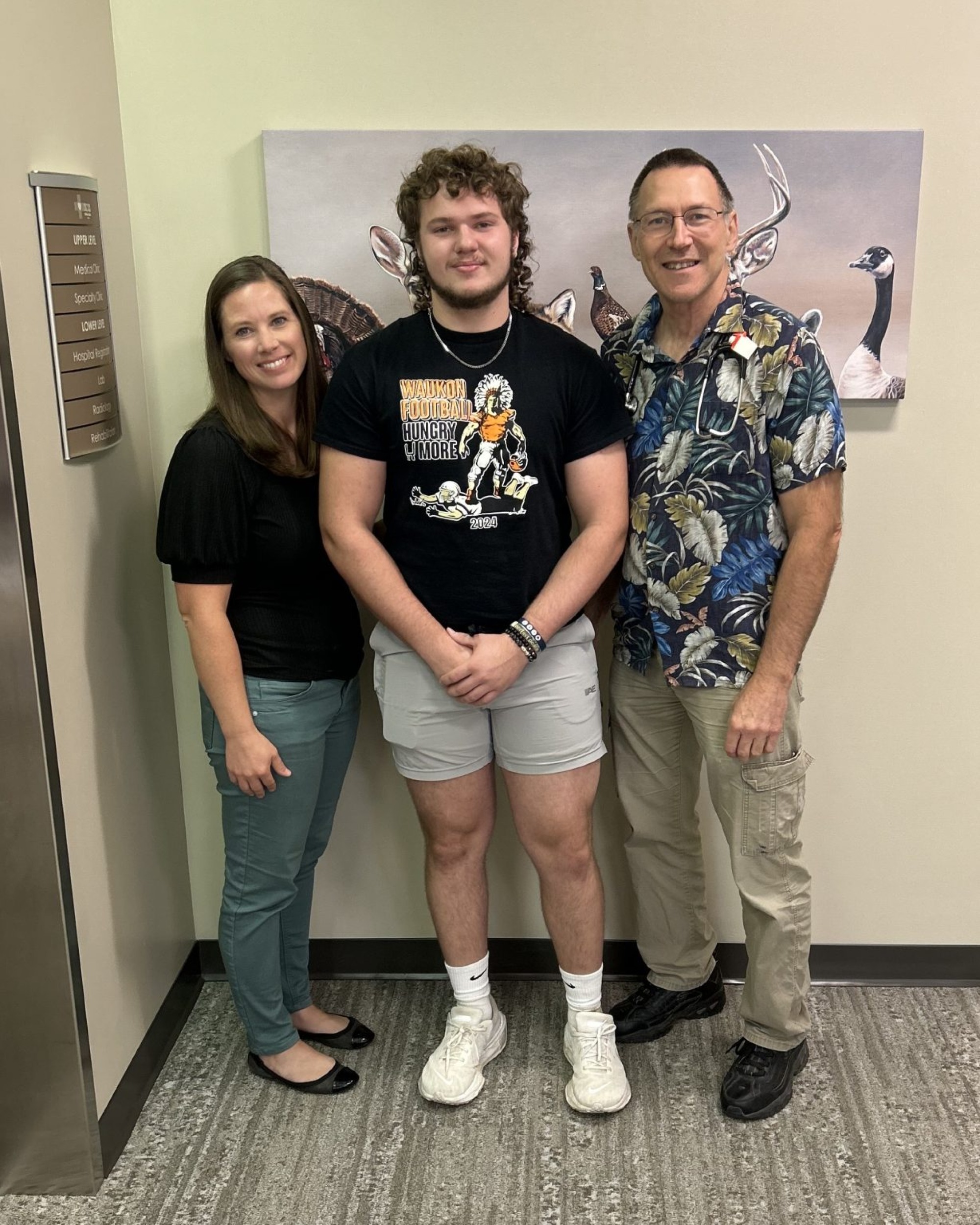Raising Awareness of Diabetes in Children Part 2: Diagnosis of Type 1 Diabetes in Children

Diagnosing Type 1 diabetes in children can be a complex process, but early detection is vital for effective management.
When a child shows symptoms of high blood sugar, as discussed in detail in Part 1, a healthcare professional will conduct a thorough medical history and physical examination. There are some diagnostic blood tests that can be done, typically providing results within minutes. These include a fasting or random glucose level, an oral glucose tolerance test, an A1c, and/or an autoantibody test.
A glucose level portrays what the patient’s glucose level is at the moment of the blood being drawn. A fasting blood sugar greater than 100 mg/dl or random nonfasting blood glucose greater than 140 mg/dl is considered elevated. Glucose levels can increase to extremely high levels in undiagnosed Type 1 patients, often greater than 250 mg/dl and even up to 1,000 mg/dl.
Hemoglobin A1c levels show what a patient’s blood glucose has been, on average, for the past three months. A hemoglobin A1c of 6.5% or greater is generally a confirmation of diabetes. This result can be much higher in individuals who have been experiencing extremely high blood sugars over a long duration of time.
Having an elevated glucose level and/or A1c does not confirm what type of diabetes a patient has, but the autoantibody test can distinguish between type 1 and type 2 by detecting specific antibodies that indicate an autoimmune response. There are additional labs that can determine how much insulin the pancreas is producing in the body. In type 1 diabetes, the insulin production is minimal, whereas in type 2 diabetes, insulin production is usually higher. Both labs take longer to receive results, especially in smaller communities where these labs are not run locally and need to be sent to a reference lab in a larger medical facility. Treatment, however, is never delayed waiting for these results as it is vital to quickly bring blood sugars to a normal level to prevent complications from high blood sugars. Extremely elevated blood sugars can also cause death when left untreated.
Preston Dietrich, now 18 years old, was diagnosed with Type 1 Diabetes in 2018. His mom, Michelle, reflects on the days before and initially after his diagnosis. “When Preston was 12 years old, a couple of months into school and football season, we noticed that he was rapidly losing weight, drinking tons of water, and looking exhausted. I knew these were all symptoms of Type 1 diabetes, but it wasn’t until he started getting sick in the mornings if he forgot to eat that we really became concerned. We used a blood sugar meter at home and quickly discovered his blood sugar was way higher than it should be.”
Michelle and her husband Brandon took action immediately after checking his blood sugar at home. He continues, “We took him straight to the emergency room where Dr. Schwartz did labs, including an A1c to confirm the diabetes diagnosis. He gave him insulin and fluids to help bring his blood sugar down, and Preston started feeling better. We met with Angie, the Diabetes Educator, the very next morning to get an education about treating and living with diabetes. She made a very scary and overwhelming situation so much easier for our family, and we are so grateful for the care he has received over the years at VMH.”
Although Type 2 diabetes is not impossible in children, further testing was conducted to confirm that Preston indeed had Type 1 diabetes.
“I remember Preston bravely continued doing all of the things he enjoyed doing in life, despite his new complex diagnosis,” Angie Mettille, VMH Diabetes Nurse Educator, states. “Just a few weeks after his hospitalization, he was deer hunting with his family just as he normally would have done during any other December. Preston also continued playing football that season, has continued playing football every fall, and is just wrapping up his senior year playing Varsity. I’m so proud of his resilience during his teenage years, and I am confident he will continue to accomplish everything he pursues in his adult life after he graduates high school in 2025.”
Timely and accurate diagnosis allows for immediate treatment, helping to stabilize glucose levels and prevent serious complications. Parents should remain vigilant and consult their healthcare provider if symptoms of high blood sugar arise. They can also call the Veterans Memorial Hospital Diabetes Education Department with any questions at 563-568-3411.

